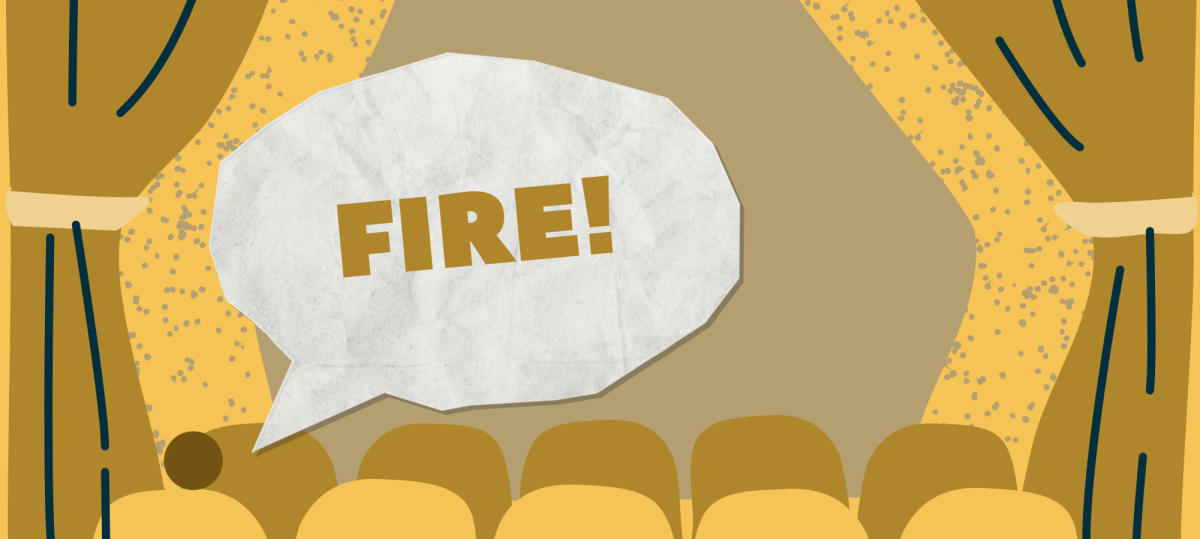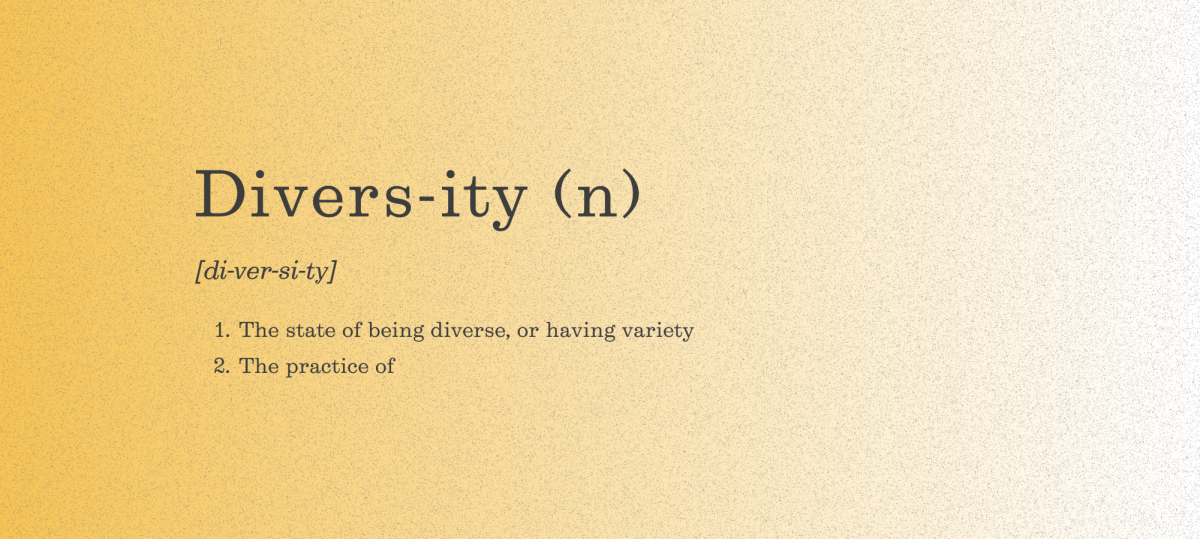Freedom of speech, as enshrined in the United States Constitution, has never been without limits. Former Supreme Court Justice Oliver Wendell Holmes famously wrote that the First Amendment does not protect the false cry of “fire” in a crowded theater—a reminder that speech that directly endangers others can, and must, be curtailed in the interest of public safety. True freedom demands a balance between individual expression and collective responsibility.
I recognize that, to some, increased representation of marginalized groups may feel like a loss of identity and power. Yet, amplifying historically underrepresented voices is not the same as silencing others. Exclaiming “save the Amazon rainforest” doesn’t mean “screw all other forests.” It is a call to address urgent needs for a specific issue that have long been ignored. When privilege has been the norm, equality can feel like oppression.
Conservative ideas about policy, economics and governance are essential to the health of any democratic society. However, it is crucial to distinguish between legitimate political debate and arguments over basic human dignity. Vigorous discussions about taxes, immigration and governmental regulation strengthen democratic discourse; questioning whether certain groups deserve respect or safety corrodes it.
At Taipei American School (TAS), frustrations with Diversity, Equity, Inclusion and Belonging (DEIB) initiatives are not without merit. The program can often feel hollow, performative or reduced to a box-checking exercise rather than a sincere effort to foster community. For many, it is perceived as a burden rather than an opportunity for growth. I understand—and, in many respects, I agree. Yet, it is not DEIB that poses the greatest threat to unity; it is polarization itself. According to the Pew Research Center (2023), 65% of Americans report feeling “exhausted” by political division, while 72% expect partisan hostility to worsen in the coming years. Among young Americans, the concern is even sharper: Harvard’s Institute of Politics (2023) found that 56% of voters aged 18–29 view polarization as the most significant threat to the nation’s future, ranking it above economic instability, climate change and global conflict.
As polarization deepens, the need to find shared ground becomes more urgent. Both critics and supporters of DEIB programs often agree on one point: that time could be better spent fostering fundamental skills, encouraging honest dialogue and preparing students to think critically across ideological divides. This—the real work of education—demands that we move beyond slogans and toward genuine, sometimes uncomfortable, conversation.



![The New York times and Financial Times newspapers on the stand in Paris, France. [PHOTO COURTESY OF UNSPLASH]](https://blueandgoldonline.org/wp-content/uploads/2025/05/photo-1730992907035-65ec4eaea035-1200x800.avif)
![[PHOTO COURTESY OF DAVINA J. (‘25)]](https://blueandgoldonline.org/wp-content/uploads/2025/03/Double-Standards-BG-Graphic-1200x848.png)
![[PHOTO COURTESY OF PIXABAY]](https://blueandgoldonline.org/wp-content/uploads/2025/03/houses-7900142_1280-1200x803.jpg)
![[PHOTO COURTESY OF PIXABAY]](https://blueandgoldonline.org/wp-content/uploads/2025/01/soldiers-60714_1280-1200x800.jpg)
![[PHOTO COURTESY OF PIXABAY]](https://blueandgoldonline.org/wp-content/uploads/2024/12/trump-2546104_1280.jpeg)